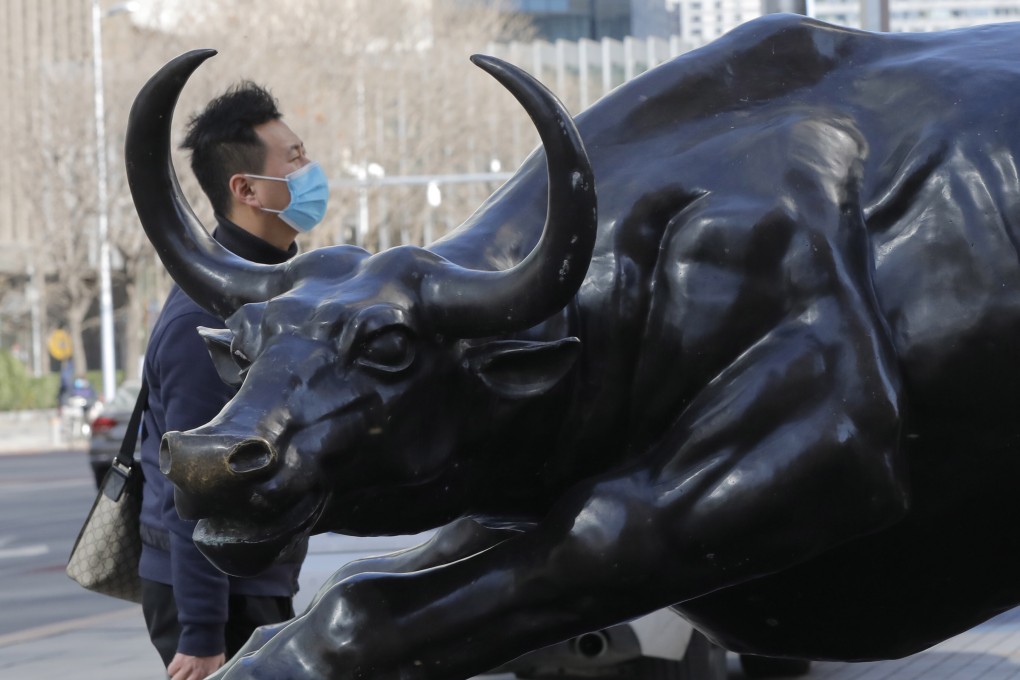Advertisement
Chinese brokerages rally after Xi announces plan to set up Beijing exchange
- A gauge of 56 brokerages trading on China’s onshore markets rally by as much as 4.3 per cent to its highest level since January
- Creation of Beijing exchange will deepen reform of capital’s over-the-counter market, strengthening its ability to serve smaller companies: CSRC
Reading Time:2 minutes
Why you can trust SCMP

Shanghai-based Shenwan Hongyuan Group paced a rally in stocks of Chinese brokerages after President Xi Jinping unveiled a plan to create a new stock exchange in Beijing.
It surged by 9.7 per cent to 5.34 yuan on Friday, on optimism that more listings by smaller companies will add to revenue generated from underwriting securities. First Capital Securities also jumped by the same magnitude to 8.05 yuan in Shenzhen, while China International Capital Corporation (CICC) rose 4.4 per cent to 58.65 yuan in Shanghai. CICC’s Hong Kong stocks gained 3.2 per cent to HK$20.75.
A gauge of 56 brokerages trading on China’s onshore markets rallied by as much as 4.3 per cent to its highest level since January.
Advertisement
The Beijing Stock Exchange, which will follow the 30-year-old bourses in Shanghai and Shenzhen, will be a listing venue for China’s smaller companies. The first batch of listings may come from some of the best quality stocks already trading on the National Equities Exchange and Quotations, or the over-the-counter (OTC) market in Beijing, according to a statement put out by the China Securities Regulatory Commission (CSRC) on Thursday night.
While details of the new bourse remain unknown, it was being viewed as a direct competitor to Shanghai’s Star Market and Shenzhen’s ChiNext board, the primary listing venues for smaller companies, particularly those engaged in technology businesses.
Advertisement
The ChiNext index dropped 1.2 per cent on Friday over concerns that a bigger supply of small caps will dent demand. A gauge of the top 50 companies on the Star Market declined by as much as 1.2 per cent before reversing the loss to rise 0.1 per cent.
Advertisement
Select Voice
Select Speed
1.00x